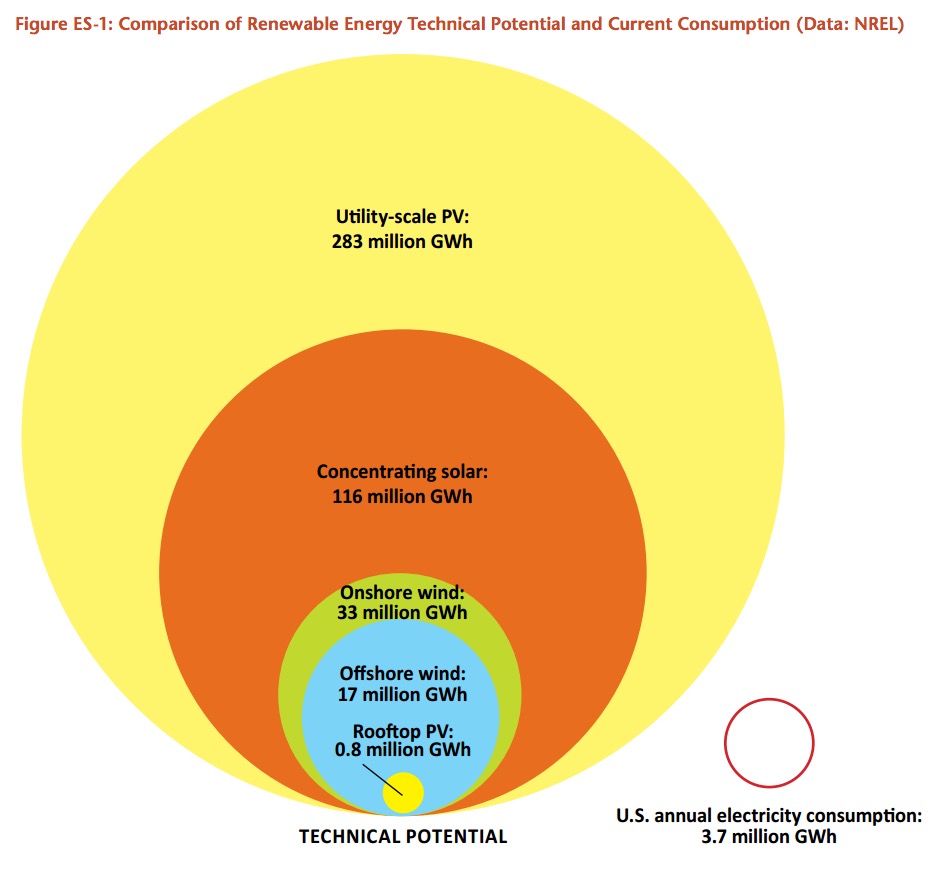
ENVIRONMENT AMERICA
Our transition to a clean energy system has already begun. But, with the need to reduce the pollution that causes global warming growing more urgent every day, we need to step up the pace. To maximize the benefits of moving to 100 percent renewable energy, leaders at all levels must act to accelerate our progress. America’s energy policy should facilitate mass deployment of clean energy solutions, support research and development of new clean energy technologies, and keep much of our coal, oil and gas reserves in the ground.
View this complete post...
Tags: 100% Renewables, Environment America, Renewable Energy, Solar Energy, Wind Energy
Posted in
Clean Air, Climate Change, Energy, Environment, Infra Views, National, Policy, Sustainability, Technology
Comments Off on We Have the Power: 100% Renewable Energy for a Clean, Thriving America
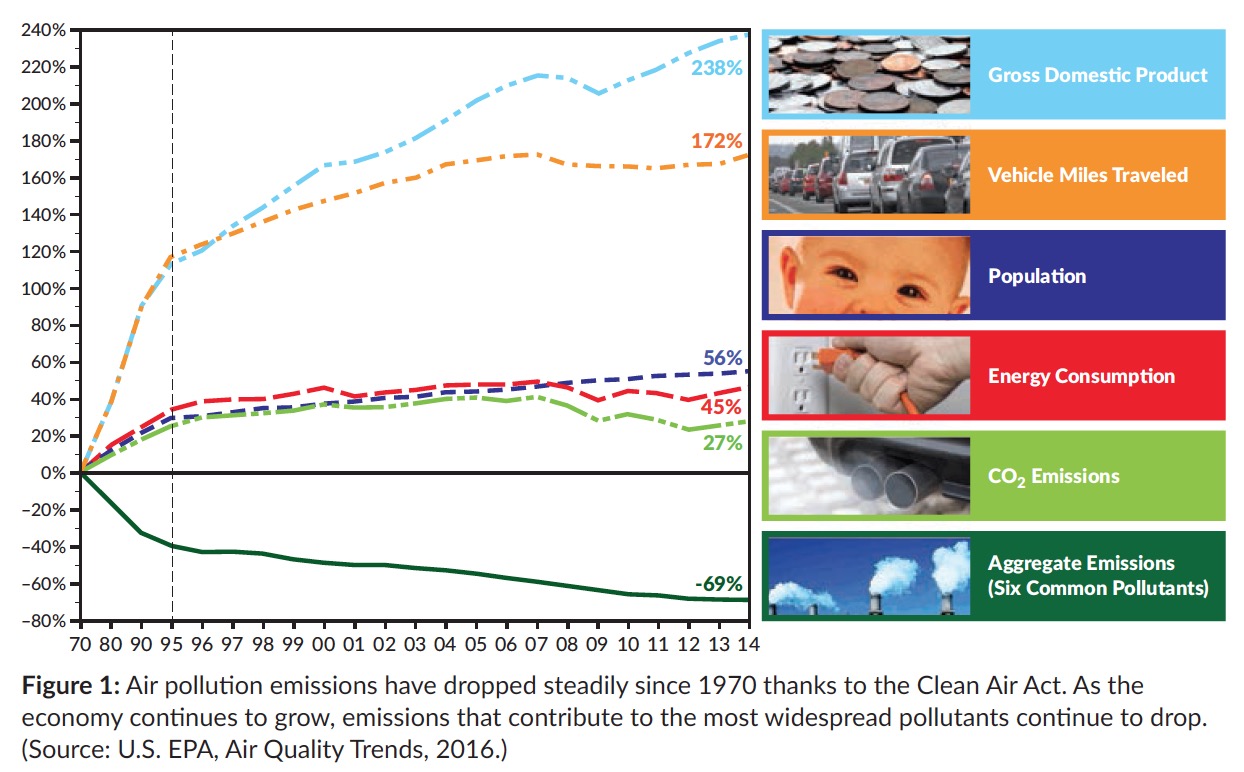












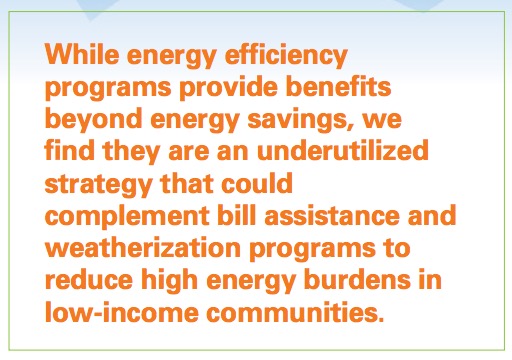

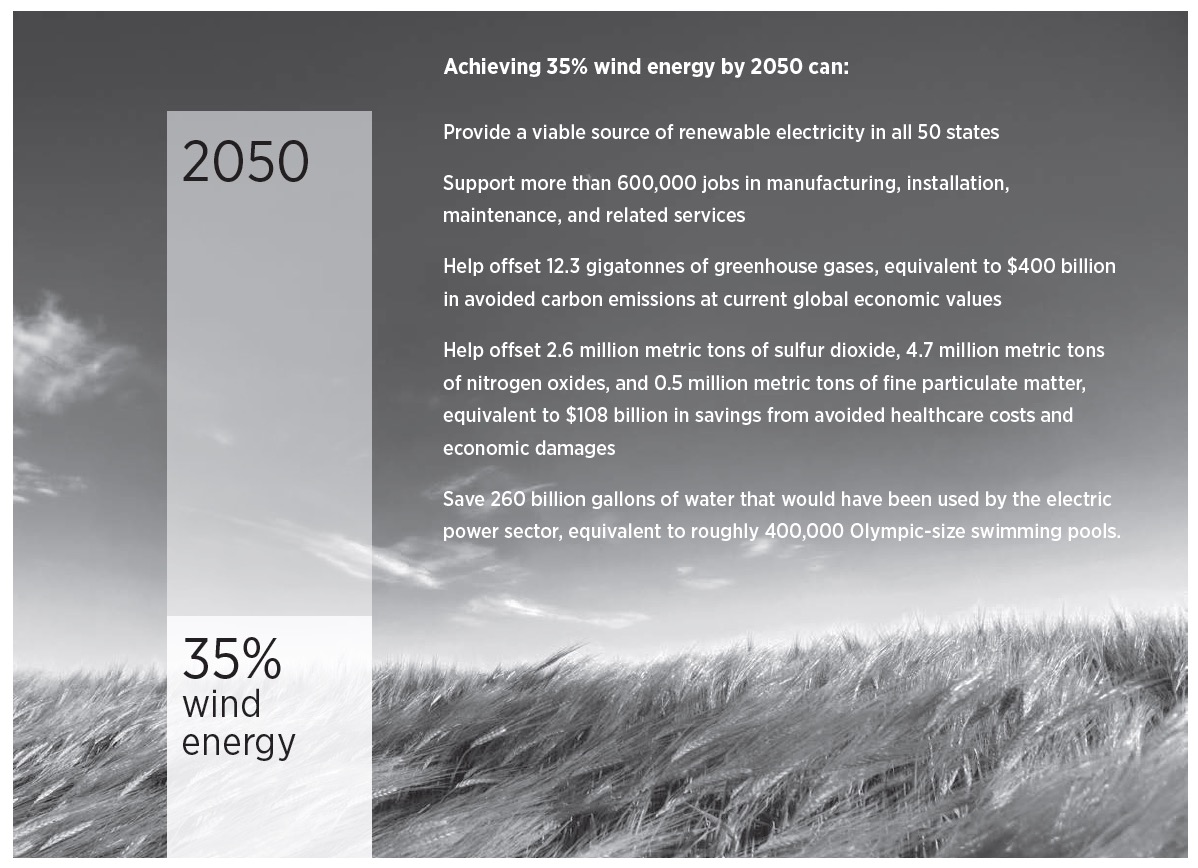

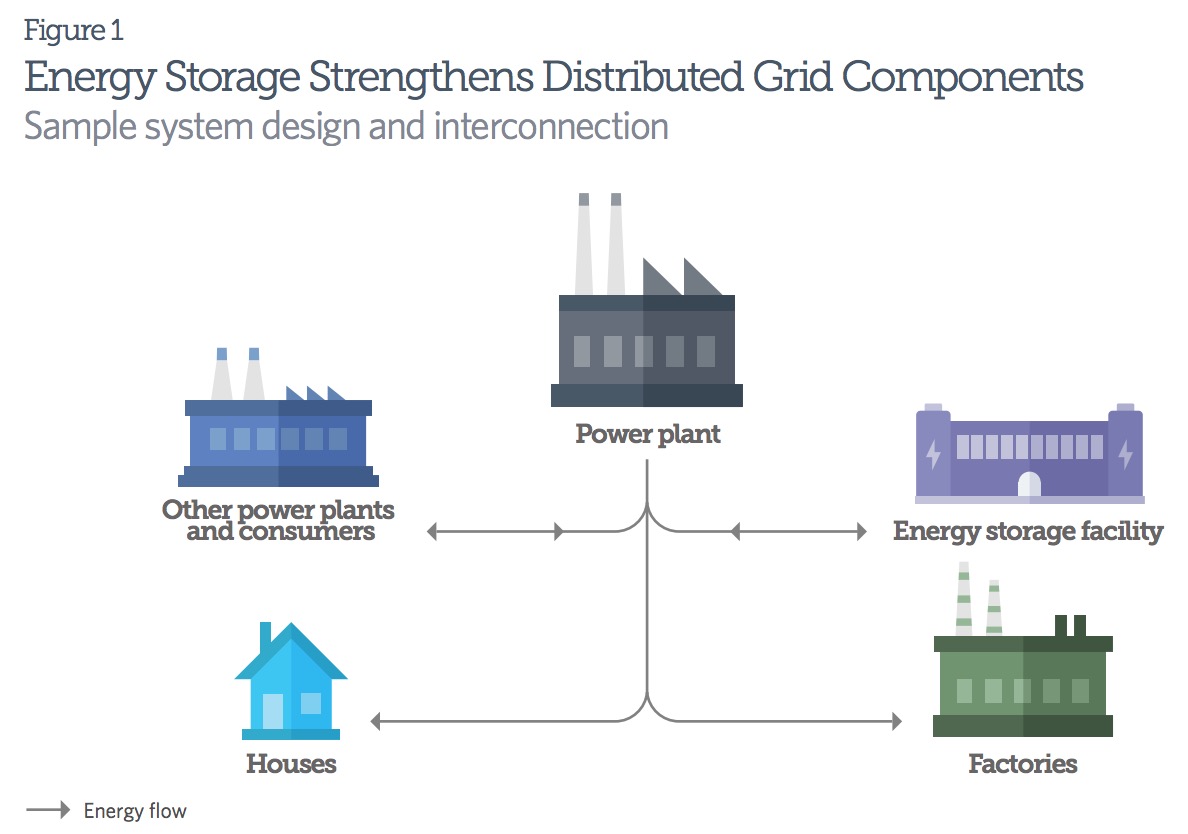
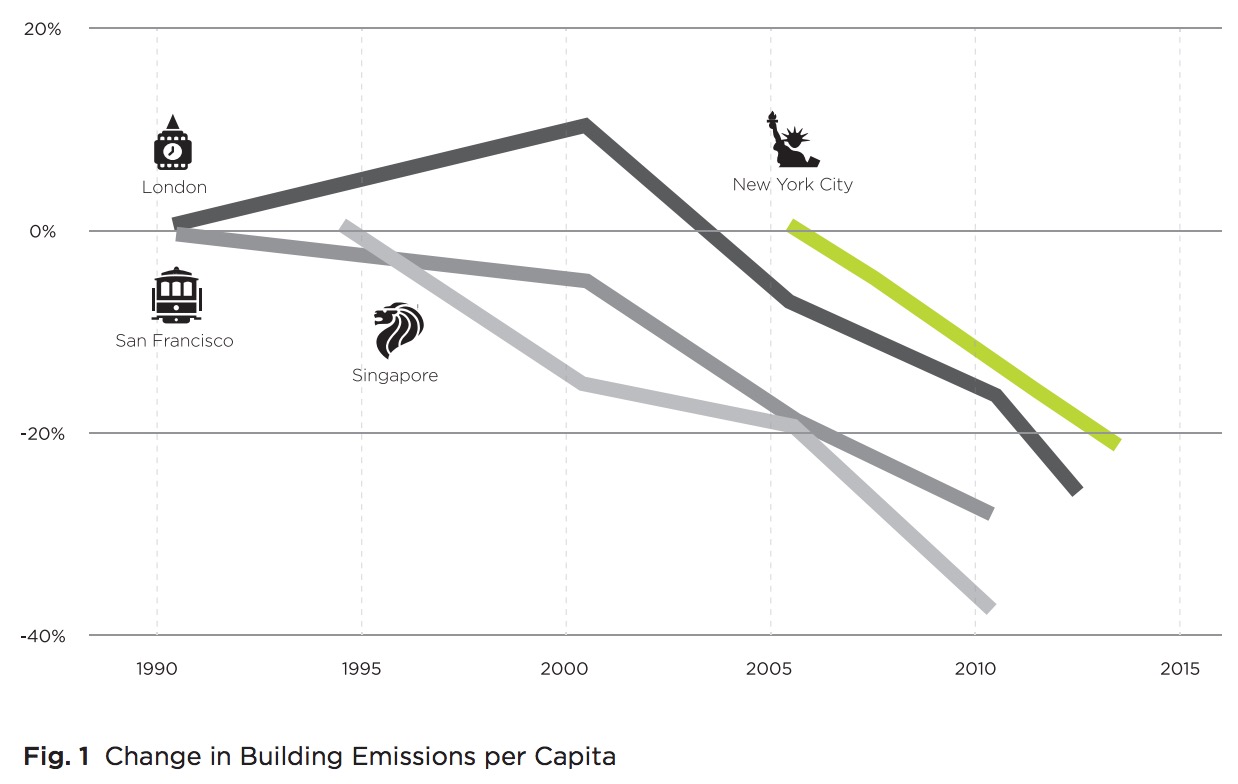
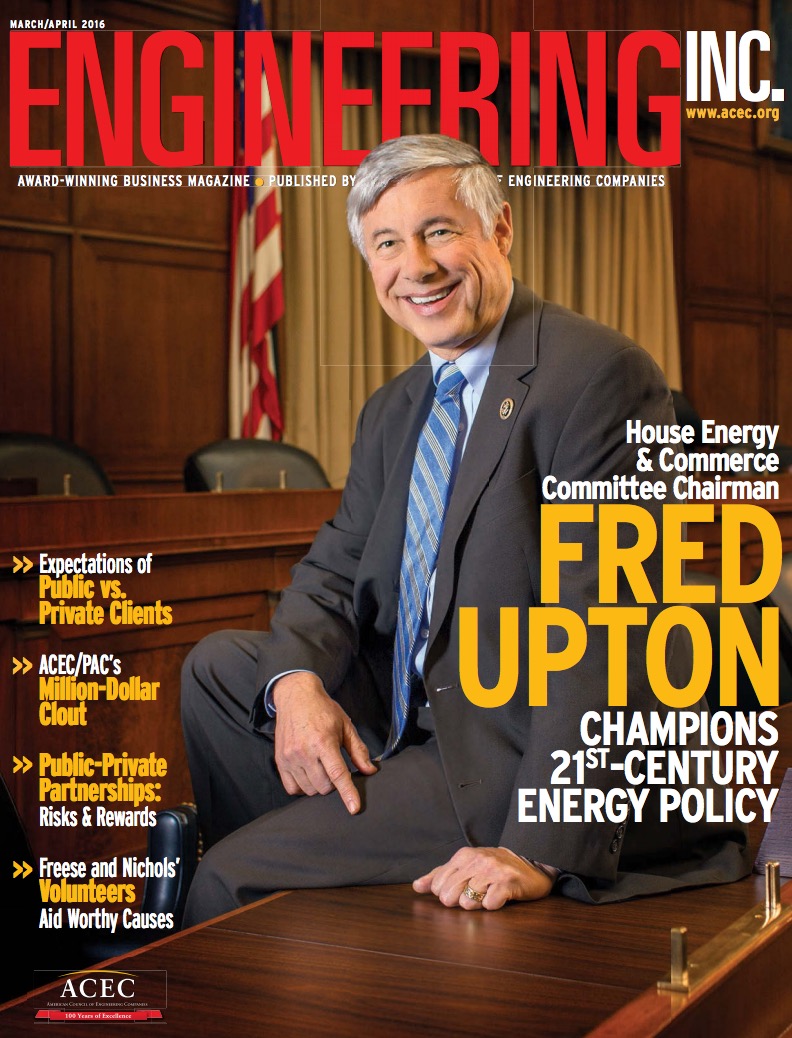
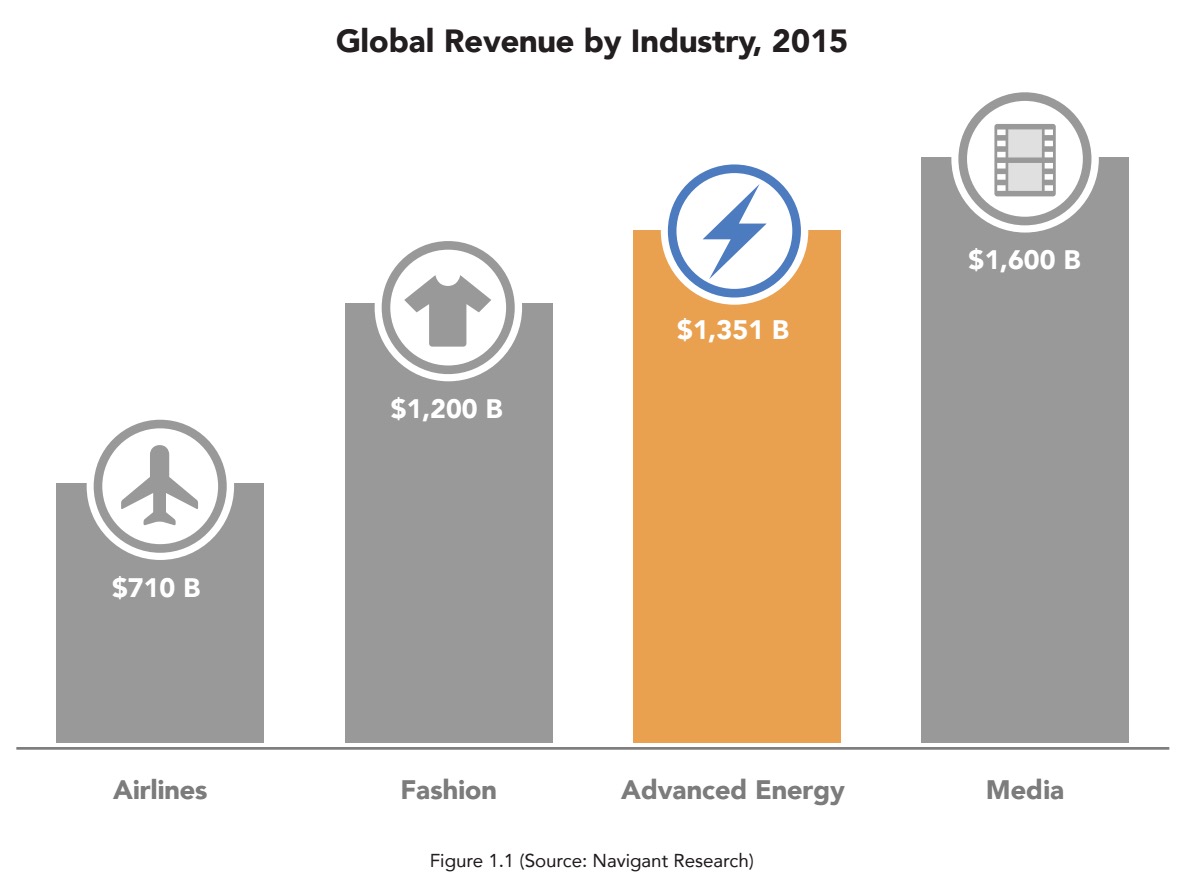
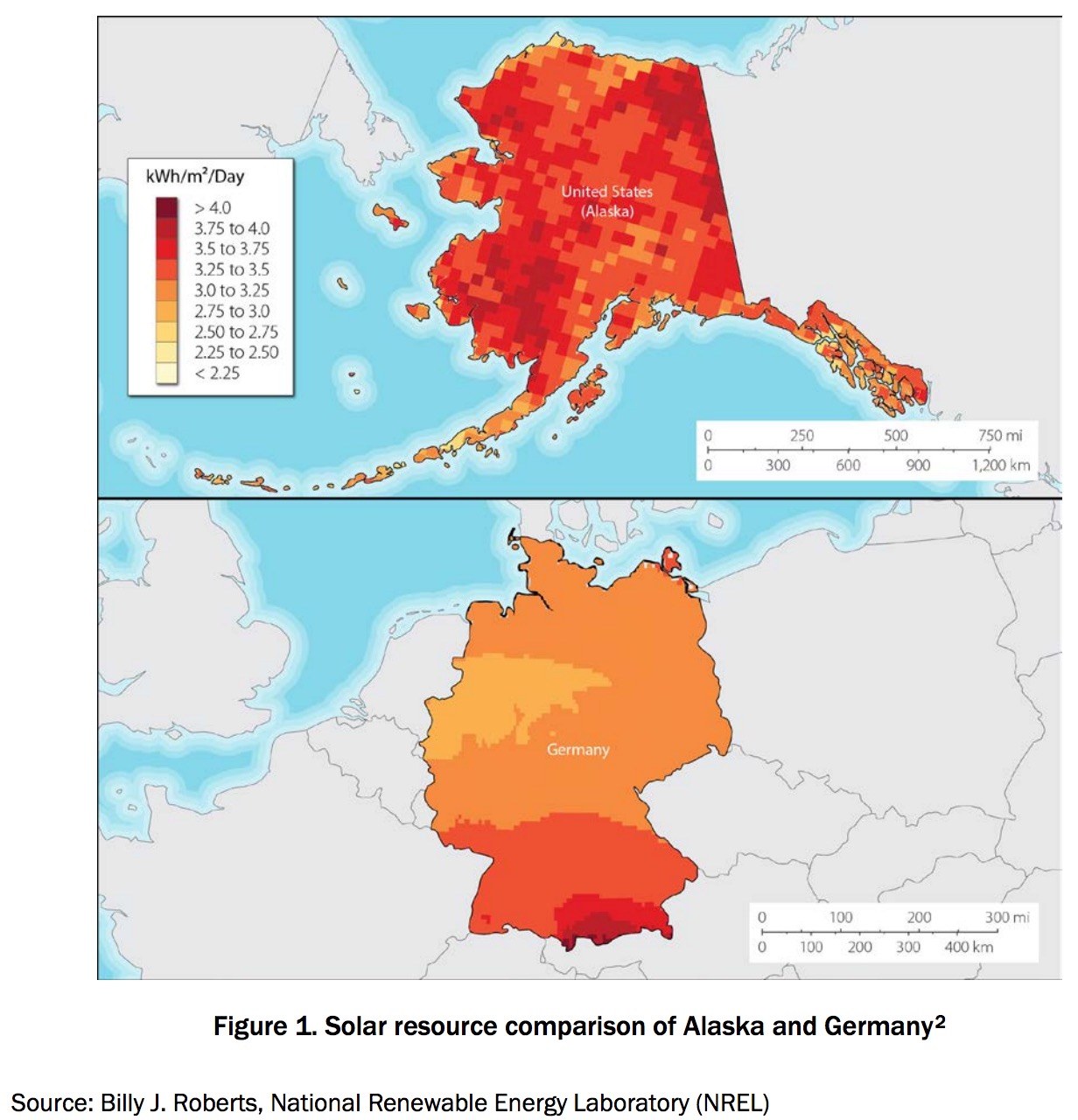

 RSS Feed
RSS Feed